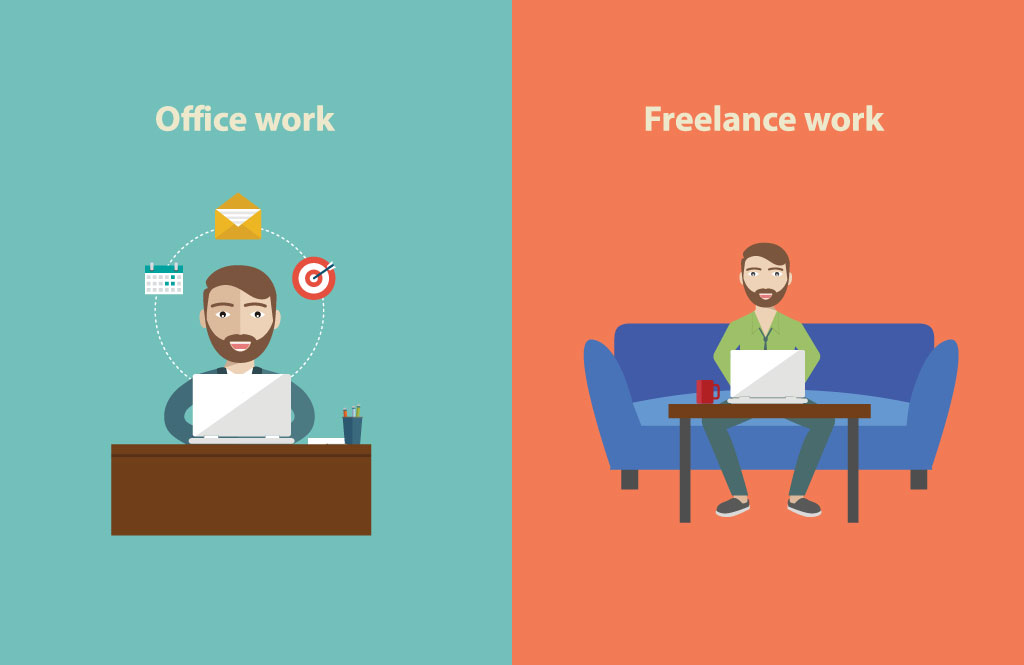Overview:
With the rise of the gig economy and the growth of online platforms that connect freelancers with clients, more and more people are opting to work as freelancers rather than take traditional jobs. While freelancing offers a number of advantages, it also has its share of drawbacks. In this article, we will explore the pros and cons of freelance work and compare it with traditional jobs.
Pros of Freelance Work
Flexibility:
One of the biggest advantages of freelance work is the flexibility it offers. Freelancers have the ability to choose when and where they work, which can be ideal for those who need to balance work with other commitments such as family or travel.
Control over rates:
Freelancers have control over their rates and can negotiate with clients to get the best deal. This can result in higher earnings than in traditional jobs where salary is fixed.
Diverse projects:
Freelancers often work on a variety of projects for different clients, which can provide exposure to a range of industries and subjects.
No office politics:
Freelancers don’t have to deal with office politics, as they typically work independently.
Cons of Freelance Work
No job security:
Freelancers don’t have the job security that comes with traditional jobs. Clients can choose not to renew contracts or hire a different freelancer, leaving the freelancer without a source of income.
Lack of benefits:
Freelancers don’t receive benefits such as health insurance, paid time off, or a retirement plan.
Uncertainty of work:
Freelancers never know when their next project will come, so there can be periods of time when they don't have any work.
Isolation:
Freelancers may feel isolated, as they often work alone and don't have the same social interactions that come with working in an office.
Pros of Traditional Jobs
Job security:
Traditional jobs offer stability and job security, as employees have a contract and can rely on a steady paycheck.
Benefits:
Traditional jobs offer a range of benefits such as health insurance, paid time off, and a retirement plan.
Career progression:
Traditional jobs often provide opportunities for career advancement and growth.
Social interaction:
Working in an office environment provides opportunities for social interaction with colleagues, which can be beneficial for mental health and wellbeing.
Cons of Traditional Jobs
Lack of flexibility:
Traditional jobs typically require employees to work set hours, making it difficult to balance work and other commitments.
Limited control over work:
Employees in traditional jobs don’t have control over the projects they work on or the tasks they are assigned.
No control over pay:
Employees in traditional jobs typically don’t have control over their pay, as their salary is set by the employer.
Office politics:
Working in an office environment can bring challenges, such as dealing with office politics and navigating workplace relationships.
Conclusion:
Freelance work and traditional jobs both have their pros and cons, and the best option for an individual will depend on their personal circumstances and priorities. Those who value flexibility and control over their work may prefer freelance work, while those who value job security and benefits may prefer a traditional job. Ultimately, the decision comes down to personal preference, and individuals should weigh up the pros and cons of each option before making a decision.
Tags:
onlineearning

